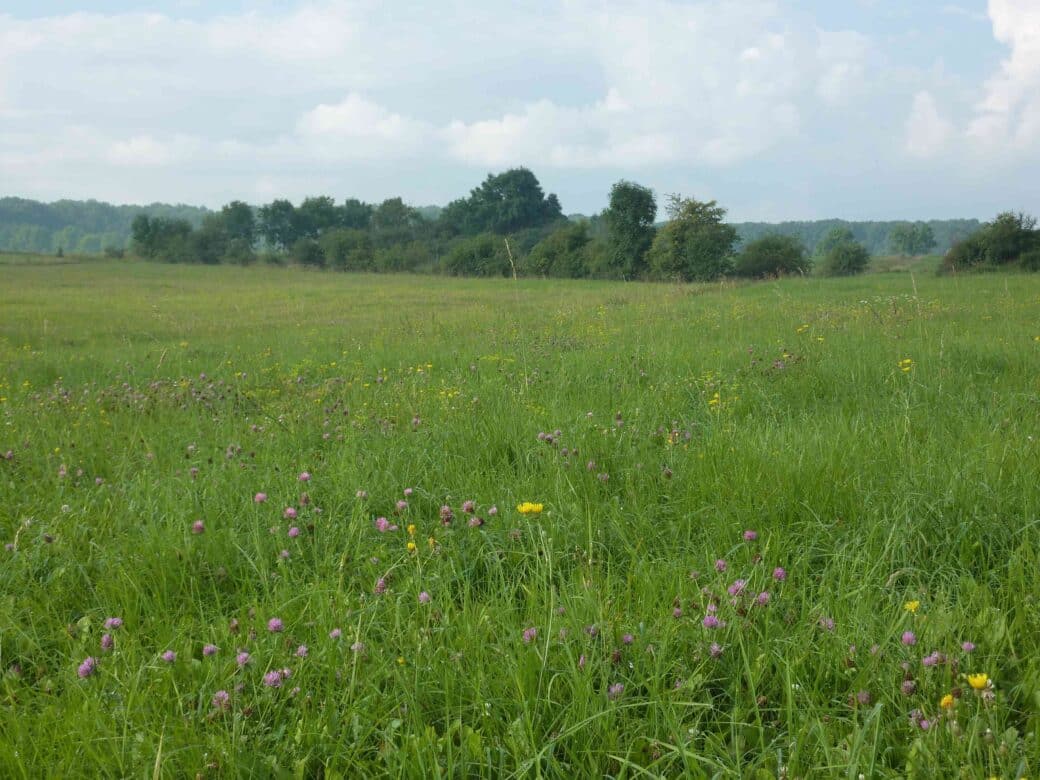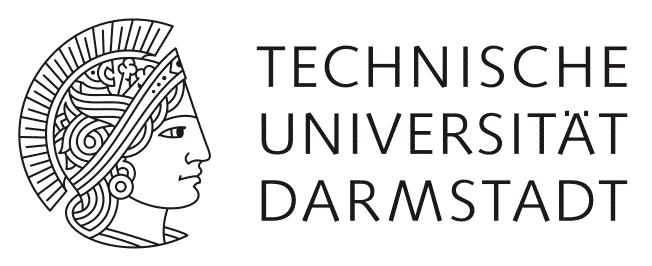Land-use effects on plant regeneration strategies in grasslands and their relation to community assembly

The capacity to successfully reproduce is vitally for the persistence and stability of plant populations and processes of community assembly. Plant reproduction strategies differ in their reliance on seed production or clonal reproduction. In temperate grasslands, which are dominated by perennial herbaceous plant species, almost all plant species reproduce by sexually produced seeds often complemented by clonal (asexual) reproduction. However, it is not well studied how changes in land use of temperate grasslands affect plant regeneration strategies.
By combining different measurements, we will collect data on different plant regeneration strategies and demographic storage, which are rarely studied in parallel. These data will be recorded in the Joint multi-site grassland experiments (Reduced Land-use Intensity Experiment (REX), Land-use Experiment (LUX)) to quantify effects of changes in land use on different plant regeneration strategies. Using these data, we will test how different regeneration strategies are related to each other and evaluate how the regeneration strategies of plant communities depend on the previous and actual land-use intensity, changes in the individual components of land use (mowing, grazing, fertilization) and environmental differences between sites and regions.
- We will sample the belowground bud bank to assess the total density and composition (different bud bank types), which consists of all buds that can potentially be used for vegetative regeneration.
- We will estimate the reproductive output (i.e. seed production and seed rain) of the plant communities, which is potentially available for plant regeneration from seeds.
- We will determine the density, species richness and composition of the viable soil seed bank in the top soil, which is an important component of demographic storage for regeneration from seeds.









